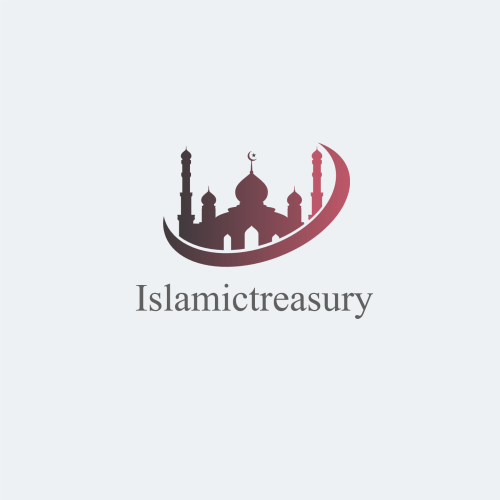Introduction to the Islamic Economic System
The Islamic economic system is a distinctive framework that intertwines religious principles with economic practices, offering a unique perspective on the management and distribution of wealth. Rooted in the teachings of the Quran and the Hadith, this system emphasizes ethical conduct, social justice, and economic equity. Its foundational principles, such as the prohibition of interest (Riba), risk-sharing (Musharakah), and the necessity of ethical investments, set it apart from conventional economic systems.
Historically, the Islamic economic model dates back to the early days of Islam, where markets and trade practices were governed by principles outlined in Sharia law. Sharia, which translates to “the way,” encompasses guidelines for various aspects of life, including economic transactions. This legal and moral code ensures that financial dealings are conducted justly and equitably, prohibiting exploitative practices such as charging interest on loans (Riba) and encouraging transparency and honesty in business.
One of the key tenets of the Islamic economic system is the concept of risk-sharing, or Musharakah. In contrast to conventional financial systems that often place the burden of risk on the borrower, Islamic finance promotes a partnership approach where profits and losses are shared among parties. This principle fosters cooperation and mutual benefit, creating a more balanced and equitable economic environment.
Ethical investment is another cornerstone of the Islamic economic model. Investment opportunities must adhere to Islamic ethical standards, avoiding industries and activities deemed harmful or unethical, such as gambling, alcohol, and usury. This ethical dimension ensures that wealth generation aligns with moral values, promoting social welfare and sustainability.
In today’s globalized world, the relevance of the Islamic economic system is growing, as it offers alternative solutions to financial crises and economic disparities witnessed in conventional systems. By integrating social justice and economic equity, the Islamic economic model provides a holistic approach to economic development, aiming to achieve the well-being of the entire community.
Operational Mechanisms of the Islamic Economic System
The Islamic economic system is distinguished by its unique operational mechanisms designed to align financial transactions with ethical and moral standards outlined in Sharia (Islamic law). At the heart of Islamic finance are instruments and models that embody the principles of fairness, risk-sharing, and sustainability, ensuring that economic activities contribute positively to society. One of the primary components of this system is Islamic banking, which operates without the use of interest (riba), a practice prohibited in Islamic law. Instead, Islamic banks utilize profit-sharing agreements, such as Mudharabah, whereby banks partner with entrepreneurs, providing capital in exchange for a share of the profits, and bearing any potential losses.
Another critical instrument is Sukuk, or Islamic bonds, which are asset-backed securities designed to generate returns without violating Sharia principles. Unlike conventional bonds, Sukuk holders have partial ownership in tangible assets, businesses, or investment ventures, and returns are derived from the performance of these underlying assets. This structure promotes transparency and links returns to actual economic activities, fostering a more stable financial environment.
Takaful, the Islamic alternative to conventional insurance, operates on the principle of mutual assistance and shared responsibility. Participants contribute to a common pool, which is used to support those in need, effectively transforming the concept of insurance into a cooperative risk-sharing mechanism. This aligns with the ethical emphasis on community welfare and support.
Additionally, Islamic finance incorporates Halal business practices, requiring that all operations and products comply with Sharia guidelines. This includes prohibiting investments in businesses involved in activities considered harmful or unethical, such as alcohol, gambling, and pork-related products.
The leasing model, or Ijarah, provides another method of Sharia-compliant financing. In an Ijarah transaction, an Islamic bank purchases an asset and leases it to a client for a specific period, with rental payments representing the bank’s return. The lessee has the option to purchase the asset at the end of the lease term.
Ethical investing criteria are also crucial in this system, emphasizing investments that are both financially profitable and socially responsible. Investors are encouraged to support ventures that contribute positively to the community, promoting sustainability and equitable growth.
To illustrate the successful implementation of Islamic economic principles, case studies from various regions highlight the efficacy of this system. For example, Malaysia and the United Arab Emirates have established robust Islamic banking sectors that cater to a significant portion of their populations, demonstrating how these principles can be integrated into a modern economic framework. These examples underscore the potential of the Islamic economic system to foster equity, economic justice, and sustainable development globally.
